Generation we
Updated: 2016-05-14 15:41
By Emily Zhang, Selena Li,Yi Jie, Jon Braun and Natacha Riva(China Daily)
|
||||||||
In the late-1990s, the "weblog" (mercifully shortened to "blog" early in its incarnation) vastly changed the way people grappled with the emergence of the internet, particularly in the West. Whether it was a personal diary or a round-up of the coolest links, blogs served as a great way to navigate the modern world and the then-unmapped World Wide Web.
Fast-forward two decades and a new force has undeniably taken hold of the modern internet: social media. Globally, an astounding 92 percent of people online have at least one account on a social network, according to the latest figures from research institute GlobalWebIndex (GWI).
Nowhere is this more pronounced in scale than in China, whose 688 million internet users is more than double the population of America. For blogging in particular, Weibo, launched in 2009 as Sina Weibo, has remained an influential platform in the country. The latest GWI figures also show that since the emergence of WeChat in 2011, 64 percent of Chinese internet users across all adult age groups now use the service-and numbers are even higher (68 percent) for those from the ages of 25 to 44.
How does this affect the realm of fashion, particularly as big brands look to engage with the world's largest market? Social media-based fashion bloggers and "we media" (roughly, grassroots reporters of news and social trends) have become wildly popular in China, particularly in covering the luxury fashion industry.
By posting photos and discussing their sense of style, the most followed users are considered to be powerful "key opinion leaders" who can make or break trends-and it's little wonder that most brands are clamouring to collaborate.
Many Western fashion bloggers have tended to focus on themselves, generally on their personal style through a standalone blog or via daily selfies on platforms such as Instagram; they're often well-connected in the industry, too. However, a key difference in China is that most users make their debuts on social-media platforms such as Weibo and WeChat, gaining a tangible number of followers by discussing broader fashion trends, celebrity styles and entertainment industry gossip rather than their own looks.
But who are these powerful digital influencers, who have millions eagerly awaiting their daily posts? How did they start their fabulous careers-and has it been all glitz and glamour? You'll be surprised by their wildly divergent paths to the upper echelons of style. From the spotlight-shy to the front-row darlings, read on for our rare interviews with six of the most game-changing forces in China's modern fashion world.
BECKY LI
Followers on WeChat: 800,000

A relative newcomer to the fashion community, Fujian Province-born Fang Yimin was initially a political reporter and then a film reporter at Nanfang Daily. In 2014, she launched her WeChat public account "Becky's Fantasy", focusing on clothing and personal style discovery. She considers herself part of the "we media" movement rather than a blogger. Her WeChat platform (inspired by the Hollywood film Confessions of a Shopaholic) was named The Most Influential WeChat Public Account in 2015 by Chinese media.
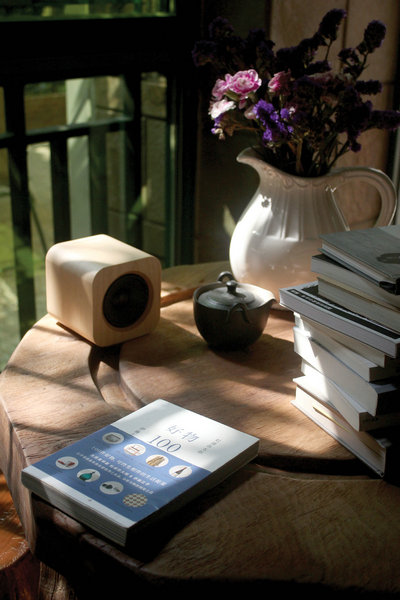
Many people say you are a fashion blogger, but others think you are more like the "we media". Which one do you think is more suited to your style?
I worked for media before starting the WeChat account, doing an editorial-related job. My previous job was quite similar to what I'm doing on WeChat now-producing content. So I consider myself "we media".
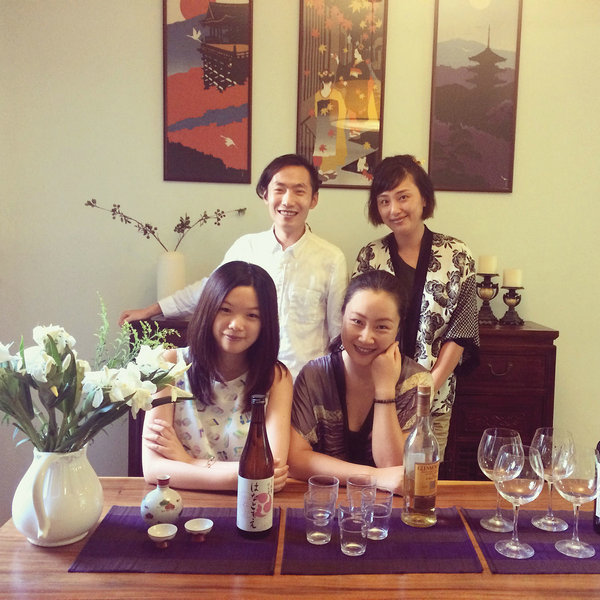
You tell people what fashion products they should buy?
Yes, that's right, introducing fashion items so they can purchase them. I also love buying things. At first, I just shared the things I liked or that I bought. That's why all the things I write about have something to do with myself.
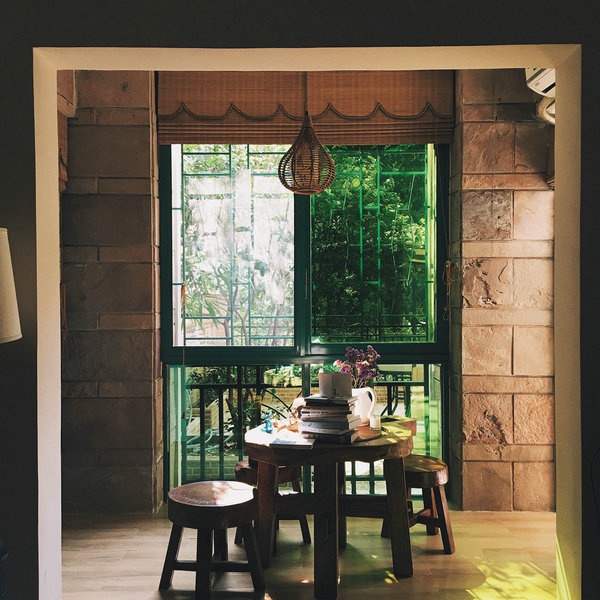
It's your personal interest, but very practical for many Chinese girls.
Yes, that's right. But as I gain more and more readers, they always comment about what they want to see, too. For example, they always ask how to dress themselves if they have big boobs. If they keep asking about it, then I interview girls around me with big boobs. Or "How should fat women best style themselves?" I don't have these problems, so I try to figure them out through interviews or research.
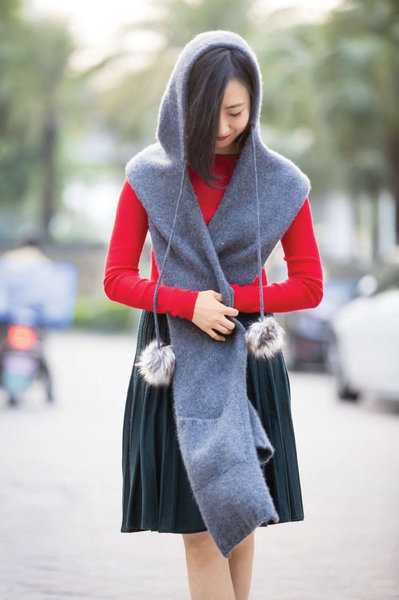
Your photos seem to be everywhere now. Have you considered becoming a fashion icon or someone in the public eye?
No, I have never considered it. It seems like a lack of ambition, but it's true. I think I'm very lucky to be working in this new-media time. Media notice me because I'm one of the "we media", so there are many reports about me. I'm not saying I don't want to be exposed to the public. But I don't intend to make myself as an icon or celebrity.
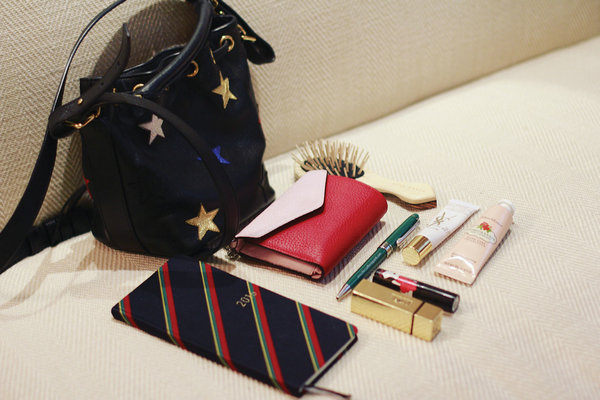

 Karst wonderland in Southwest China
Karst wonderland in Southwest China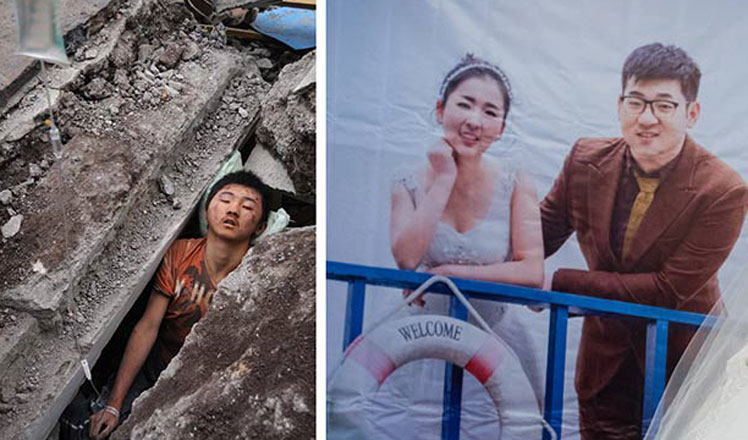
 Love on the rubble: wedding stories after deadly quake eight years ago
Love on the rubble: wedding stories after deadly quake eight years ago
 Italy's violin-makers struggle to hit profitable note
Italy's violin-makers struggle to hit profitable note
 High-tech gadgets shine at CES Asia in Shanghai
High-tech gadgets shine at CES Asia in Shanghai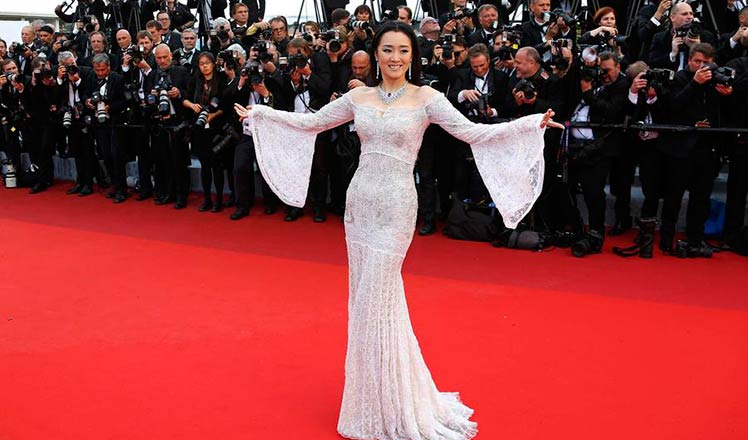
 Cannes Film Festival opens amid terror threat
Cannes Film Festival opens amid terror threat
 Supporters of Rousseff clash with police as her removal looms
Supporters of Rousseff clash with police as her removal looms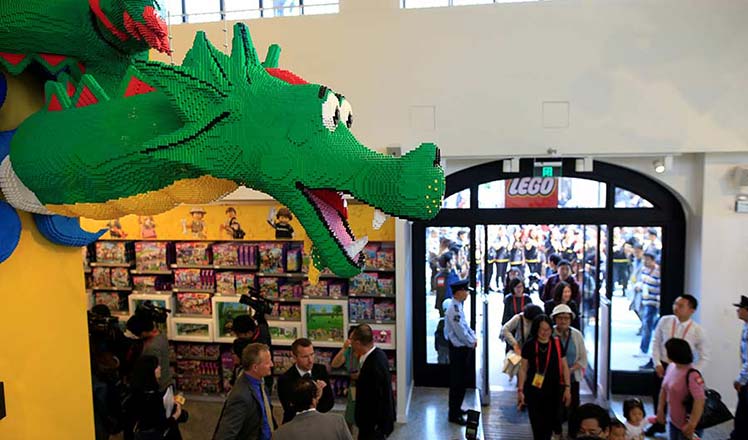
 Lego opens world's largest store at Shanghai Disney
Lego opens world's largest store at Shanghai Disney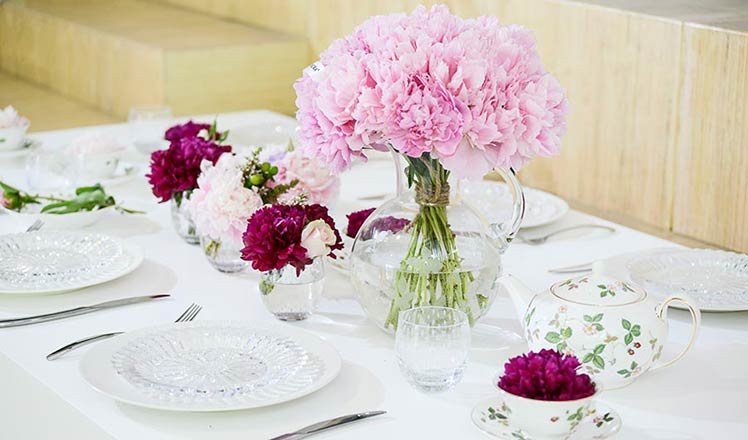
 Exhibition of table setting art held in Beijing
Exhibition of table setting art held in Beijing
Most Viewed
Editor's Picks

|

|

|

|

|

|
Today's Top News
Liang avoids jail in shooting death
China's finance minister addresses ratings downgrade
Duke alumni visit Chinese Embassy
Marriott unlikely to top Anbang offer for Starwood: Observers
Chinese biopharma debuts on Nasdaq
What ends Jeb Bush's White House hopes
Investigation for Nicolas's campaign
Will US-ASEAN meeting be good for region?
US Weekly

|

|







